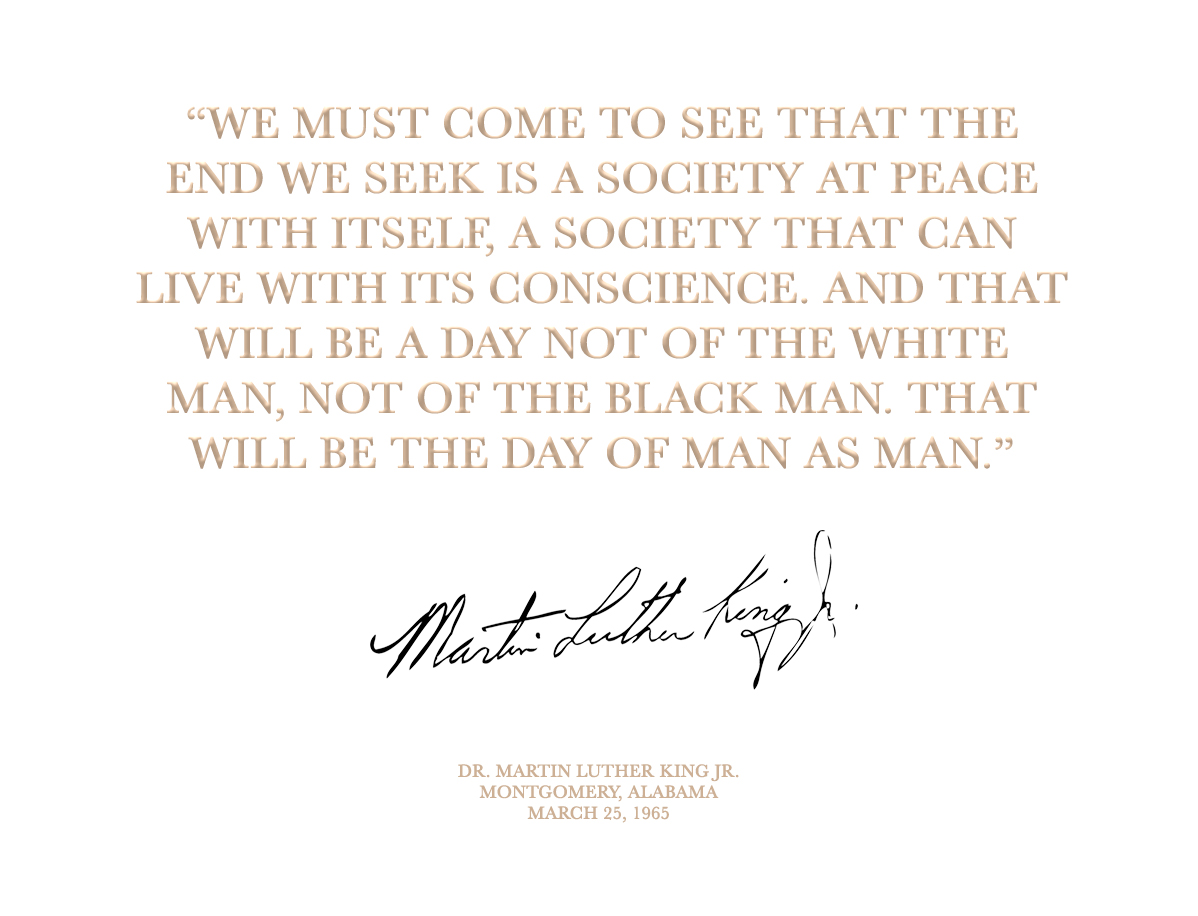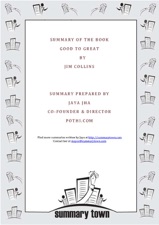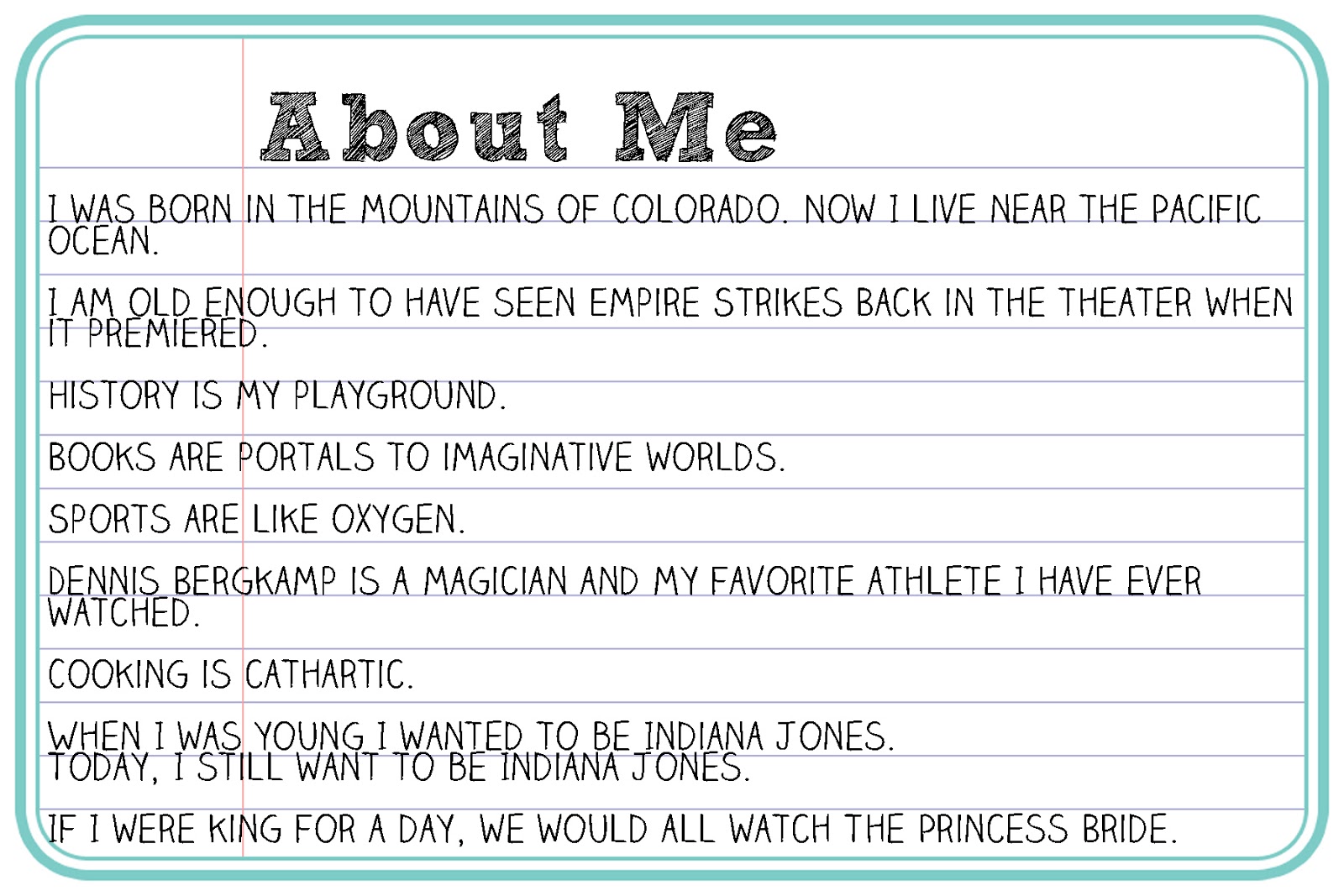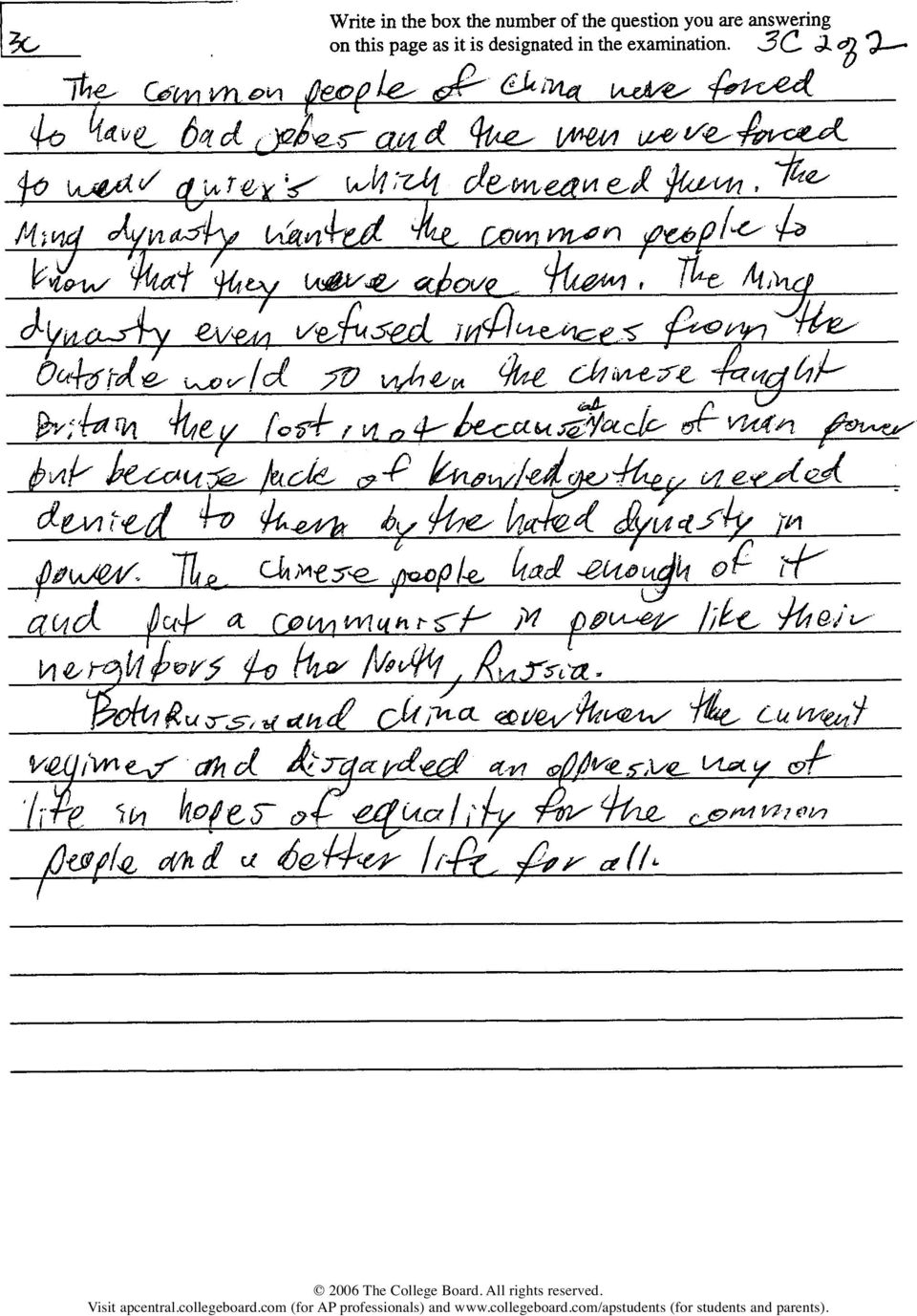Learner-Centered Philosophy - HPL in Education.
Learner Centered Philosophy A Philosophy based on Learner Primacy A student centered learning environment for every teacher should begin and end with the agreement to respect the differences of the individual learner.
Student-centered learning is viewed as a progressive approach to teaching.The focus in student-centered learning is to make students more aware of the material they are learning and why it is important.Teachers want to make students more active in the classroom, by encouraging them to interact with one another. Stop Using Plagiarized Content.

Student-centered philosophies focus more on training individual students. These philosophies place more emphasis on the individuality of students and helping them to realize their potential.

Learner centered design emphasizes individual development and their approach to organizing the curriculum merges from the needs, interests and purposes of students. Dewey’s contribution in this respect is an important one. He organized so many child centered activity programmes.

A new approach in education, termed 'learner-centered', is somewhat akin to the 'user-centered' focus of modern interface design. In this approach, the focus is on needs, skills, and interests of.

Introducing a learner-centred curriculum w1ll also be explored with reference to t he Austral ran Adult Migrant Educat ion Program. 2. CURRICULUM PROCESSES In a curriculum based on the traditional means-ends model 1 a f1xed series of steps is followed. Thus, in the curriculum planning process proposed by Taba (1962), plann1ng.

Philosophy of Education. The term “philosophy of education” can be defined in two different ways. According to one definition, the philosophy of education carries out a fundamental philosophical analysis of the forms, methods, aims, meaning and importance of education.Another definition of the term describes or analyzes specific methods of pedagogy.

Essentialism is the educational philosophy of teaching basic skills. This philosophy advocates training the mind. Essentialist educators focus on transmitting a series of progressively difficult topics and promotion of students to the next level or grade.

All knowledge is personal Each individual learner has a distinctive point of view, based on existing knowledge and values. This means that same lesson, teaching or activity may result in different learning by each pupil, as their subjective interpretations differ.

T eacher-centered vs. student-centered learning has been a recurrent and lively debate on education forums. In a traditional teacher-centered model, the instructor is the “imparter of knowledge” while students listen, and are corrected and evaluated on their performance.

Teacher centered and student centered philosophies differ significantly in their approach to the student-teacher relationship. Teacher centered philosophy does not depend on the student's wants and needs at all. Teacher centered philosophy uses antiquated methods, such as rote learning.

While nothing inherent in the philosophy of child-centered curriculum supported many of the practices purported to reflect this philosophy, numerous misinterpretations created eventually a tidal wave of severe criticisms which underlies many of the reactionary trends in elementary education today.

Introduction to the Curriculum Ideologies F or almost a hundred years, educators have been at war with each other over what. Social Efficiency ideology, the Learner Centered ideology, and the Social Reconstruction ideology. Each ideology has a long history and has been known by a variety of names.



